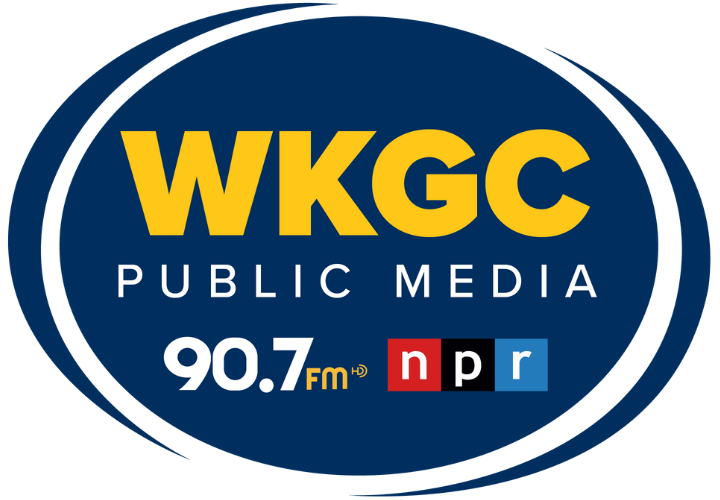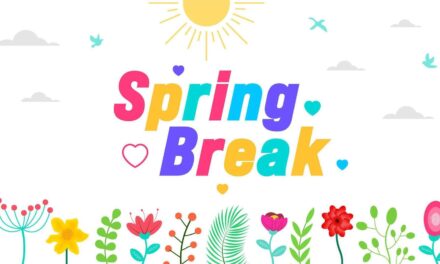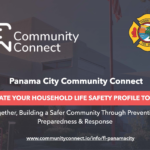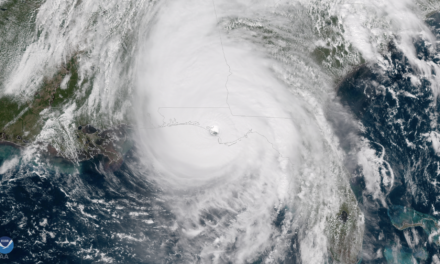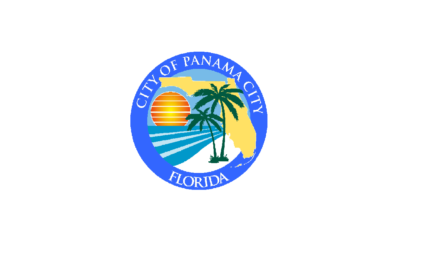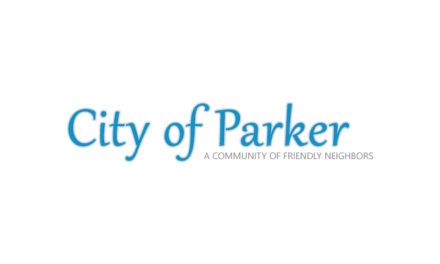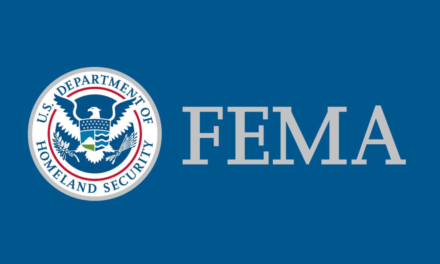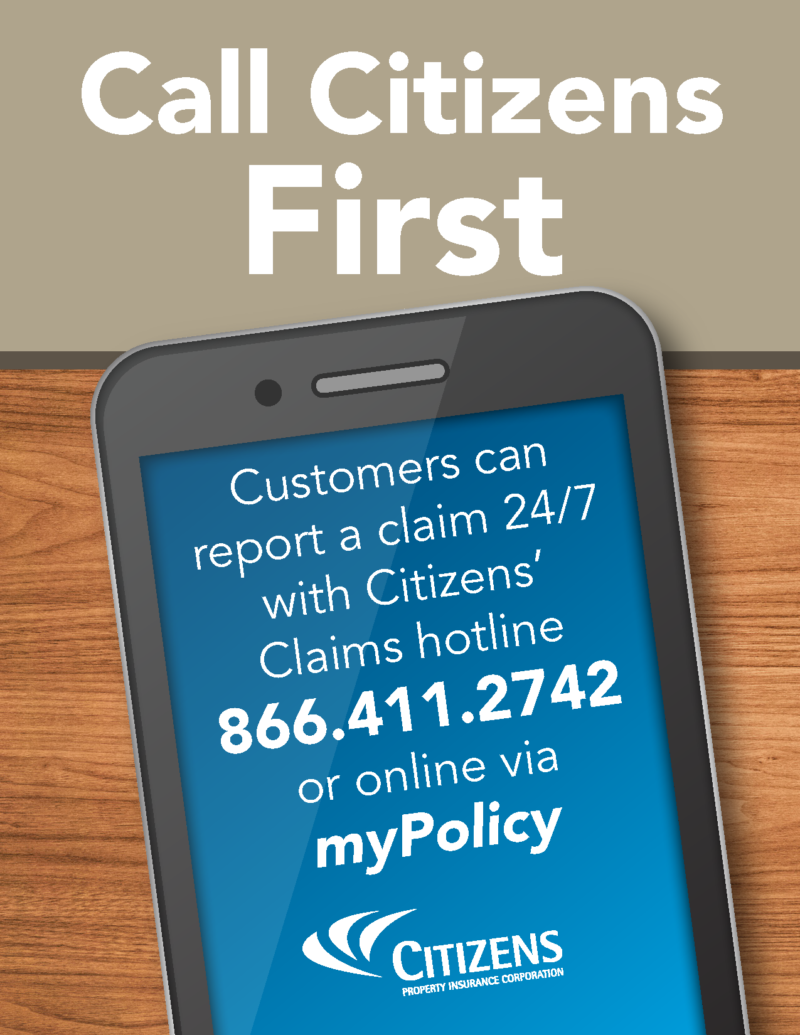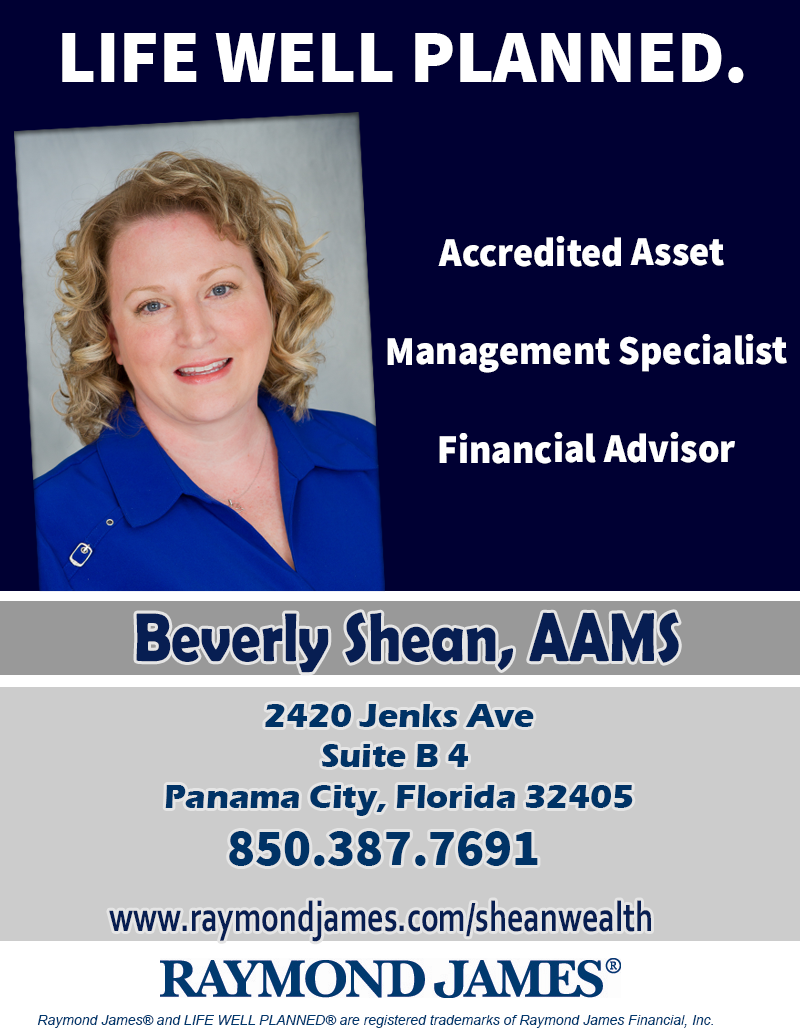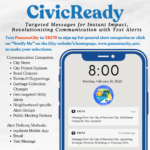
Bay County Hurricane Michael Update 11/21
ESSENTIAL INFORMATION
- The Bay County Medical Examiner reports 23 casualties in Bay County.
- The 211 Citizen Hotline continues to receive non-emergency calls. Out-of-state callers, call 850-248-6099.
- Visit recoverbaycounty.com for recovery information.
- On Thursday, Nov. 22, the National Weather Service calls for sunny skies, with a high near 63. North wind 5 to 10 mph. Wednesday evening calls for mostly clear, with a low around 44. North northeast wind around 5 mph.
Recover Bay County – by the numbers
Total sheltered: 132
Debris Management: An estimated 2.2 million cubic yards of debris have been removed in the unincorporated areas of Bay County.
FEMA Disaster Recovery Centers
Disaster Recovery Centers (DRC) have been organized to help answer questions about disaster assistance and one-on-one assistance in applying. Representatives from the state of Florida, FEMA, the U.S. Small Business Administration and other organizations are at the centers to explain available assistance programs and help connect survivors with resources that best match their recovery needs. The DRCs are open from 8 a.m. to 7 p.m. daily. All Disaster Recovery Centers in Florida will be closed on Nov. 22 for Thanksgiving. The centers at the Bay County Library and Gore Park in Callaway will resume normal business hours on Friday, Nov. 23, from 8 a.m. to 7 p.m. The Mobile DRC in Youngstown will relocate to Southport, opening Saturday, Nov. 24, and will be open from 8 a.m. to 4 p.m., daily.
Beginning on Sunday, Nov. 25, the operating hours at the Bay County Library and Gore Park will adjust to 9 a.m. – 6 p.m. The deadline to apply for disaster assistance is Monday, Dec. 10.
- Bay County Public Library DRC, 898 W 11th Street, Panama City
- John B. Gore Park DRC, 599 Beulah Ave., Callaway
- Southport Ballpark, 2120 Ball Park Rd, Southport (Opening Saturday, Nov. 24 from 8 a.m. to 4 p.m., daily)
All recovery centers have accessible parking, ramps and restrooms. They offer assistive technology, such as amplified phones and listening devices for people with hearing loss, magnifiers for people with vision loss, and video remote interpreting. American Sign Language interpreter may be available in-person by scheduling a day in advance. If a disaster survivor cannot travel to the DRC, FEMA will arrange a home visit.
Before you visit a DRC, you may wish to register. You can do so by going online to DisasterAssistance.gov. Or you can call 800-621-3362 or 800-462-7585 (TTY) from 7 a.m. to 11 p.m. local time, seven days a week. Multilingual operators are available.
Disaster Distress Helpline
The Disaster Distress Helpline, 1-800-985-5990, is a 24/7, 365-day-a–year, national hotline dedicated to providing immediate crisis counseling for people who are experiencing emotional distress related to any natural or human-caused disaster. This toll-free, multilingual, and confidential crisis support service is available to all residents in the United States and its territories. Stress, anxiety, and other depression-like symptoms are common reactions after a disaster. Call 1-800-985-5990 or text TalkWithUs to 66746 to connect with a trained crisis counselor.
The Disaster Distress Helpline is staffed by trained counselors from a network of crisis call centers located across the United States. These counselors provide:
- Crisis counseling for people in emotional distress related to any natural or human-caused disaster
- Information on how to recognize distress and its effects on individuals and families
- Tips for healthy coping
- Referrals to local crisis call centers for additional follow-up care and support
When you call or text, crisis counselors will listen to what’s on your mind with patience and without judgment. There is no need to give any identifying information when you contact the Disaster Distress Helpline. The counselor may ask you for some basic information at the end of the call, but these questions are optional and are intended to help Substance Abuse and Mental Health Services Administration (SAMHSA) keep track of the types of calls it receives. For more information, visithttps://www.samhsa.gov/find-help/disaster-distress-helpline.
Transitional Sheltering Assistance
FEMA and the State of Florida have activated the Transitional Sheltering Assistance (TSA) program for Hurricane Michael survivors in Bay, Gulf and Jackson counties. Survivors from these counties who registered for disaster assistance may be eligible to shelter in a hotel or motel paid for by FEMA.
Survivors may be eligible for TSA if they can’t return home and their housing needs can’t be met through insurance, shelters or rental assistance provided by FEMA or another agency (federal, state or charity). Survivors will be notified of their eligibility through an automated phone call, text message and/or email depending upon the method of communication they selected when they registered for assistance.
FEMA pays the cost of the room and taxes directly to participating hotels and motels. The applicant is responsible for all other costs, including laundry, room service, parking, telephone, food, pet fees, transportation or other services. Continued eligibility is determined on an individual basis and demonstrated need. When eligibility ends, those survivors will be notified seven days prior to their checkout date.
To locate participating hotels, visit DisasterAssistance.gov and click on the “Transitional Sheltering Assistance Hotel Locator,” at the top of the page, or call the FEMA helpline at 800-621-3362 (TTY 800-462-7585). There are several participating hotels in the Bay County area.
FEMA facts: What Does “Substantial Damage” Mean?
Survivors in Florida communities may have heard the term “substantial damage” from local building officials lately. So what does it mean? Substantial damage applies to a structure in a Special Flood Hazard Area (SFHA) or floodplain for which the total cost of repairs is 50 percent or more of the structure’s market value before the disaster occurred, regardless of the cause of damage.
The decision about a structure being substantially damaged is made at the local government level, generally by a building department official or floodplain manager. Community floodplain management or building officials may inspect your property if they suspect your home or business has been substantially damaged.
Individuals, communities, businesses and government agencies all have a stake in how buildings damaged from a disaster are rebuilt and repaired. Rebuilding after a disaster provides an opportunity to make buildings stronger and safer. The primary goal is to reduce risk of loss from future disasters. If local officials determine that a residential structure has been substantially damaged – meaning the cost to repair the home is equal to or greater than 50 percent of its market value before the disaster damage – the owner generally has three options to bring the structure into compliance.
- Elevate the building to a height determined by local officials.
- Relocate the structure outside the floodplain.
- Demolish the structure.
Having this information helps property owners decide whether to repair or replace a damaged dwelling, and whether additional work will be needed to comply with local codes and ordinances.
For communities that participate in the National Flood Insurance Program (NFIP), substantial damage determinations are required by local floodplain management ordinances. These rules must be in place for residents of a community to purchase flood insurance through the NFIP. If a building in a floodplain is determined to be substantially damaged, it must be brought into compliance with local floodplain-management regulations. FEMA does not make a determination of substantial damage and does not notify any property owner of a damage determination. FEMA damage assessment teams may be asked to respond to local requests to assess the extent of disaster-caused damage to some structures. The data is provided to local jurisdictions, which may make substantial damage determinations based on their own ordinances. FEMA mitigation experts have been and continue to be in close contact with local officials.
Property owners who have a FEMA flood-insurance policy and a substantially damaged building in a Special Flood Hazard Area may be able to use additional funds from their policy (up to $30,000) to help defray the costs of elevating, relocating or demolishing a structure. For more information on this provision – known as Increased Cost of Compliance – contact your insurance agent. In some cases, substantial damage determinations can lead to a property acquisition process, wherein a community may choose to offer to purchase and demolish properties. This can be complicated and time-consuming, but it has been a successful method of avoiding even higher and more frequent costs in subsequent disasters, especially floods. For more information, contact your local code enforcement officials or floodplain administrator, FEMA’s National Flood Insurance Program at 800-427-4661 or 800-427-5593 (TTY) or your local insurance agent. More information is available at fema.gov and floodsmart.gov.
FEMA Mobile Registration Intake Centers
FEMA has deployed Mobile Communications Office Vehicles in the Individual Assistance designated counties to serve as Mobile Registration Intake Centers (MRICs). Individual Assistance specialists, Small Business Administration, FEMA Disaster Survivor Assistance, and State Disaster Case Managers will be available at these centers. These centers will be temporarily at these locations and hours of operation will be 8 a.m. – 7 p.m., seven days a week until further notice. All MRICs will be closed on Nov. 22 for Thanksgiving.
Bay County – Lynn Haven City Hall 826 Ohio Drive, Lynn Haven, FL 32444
Bay County – Mexico Beach City Hall 201 Paradise Path, Mexico Beach, FL 32410
Bay County – Parking Lot 225 S. Tyndall Parkway, Panama City, FL 32404
Volunteer Reception Center
The Volunteer Reception Center (VRC) has moved to the Bay County Public Library at 898 W. 11th St., Panama City. The new hours are Tuesday – Saturday from 10 a.m. to 4 p.m. The VRC will be closed on Nov. 22 and Nov. 23 for the Thanksgiving holidays.
If visiting the VRC, go through the main library entrance and make a left at the lobby. The VRC is housed in Adult Services near the Large Print section. The VRC is still accepting new volunteers to help with the recovery efforts. The VRC receives and assigns volunteers to areas of the most critical need in Bay County. Volunteer organizations may also contact the VRC for assignment, or to request volunteers for specific projects. For more information, contact the VRC at (850) 960-4235.
City of Panama City
The Panama City Comfort Stations have been closing in stages due to a decrease in usage. The comfort stations at the Martin Luther King Jr. Recreation Center (705 E. 14th Ct.) and Daffin Park (320 Kraft Ave.) will remain open through Nov. 24.
City of Parker
Continue to move storm debris to the road for pickup. Please separate tree debris from construction/demolition debris from appliances. Please stack debris in the right-of-way in front of your property and not on your neighbor’s property. Debris pickup will be on hold over Thanksgiving, but will begin again Monday, Nov. 26.
Parker utility teams will begin water meter reading on Nov. 27.
Make sure you are using a licensed contractor and that they, or you, get the correct permit(s). EPCI can give you permitting information at 850-774-5093 or 850-874-9347.
